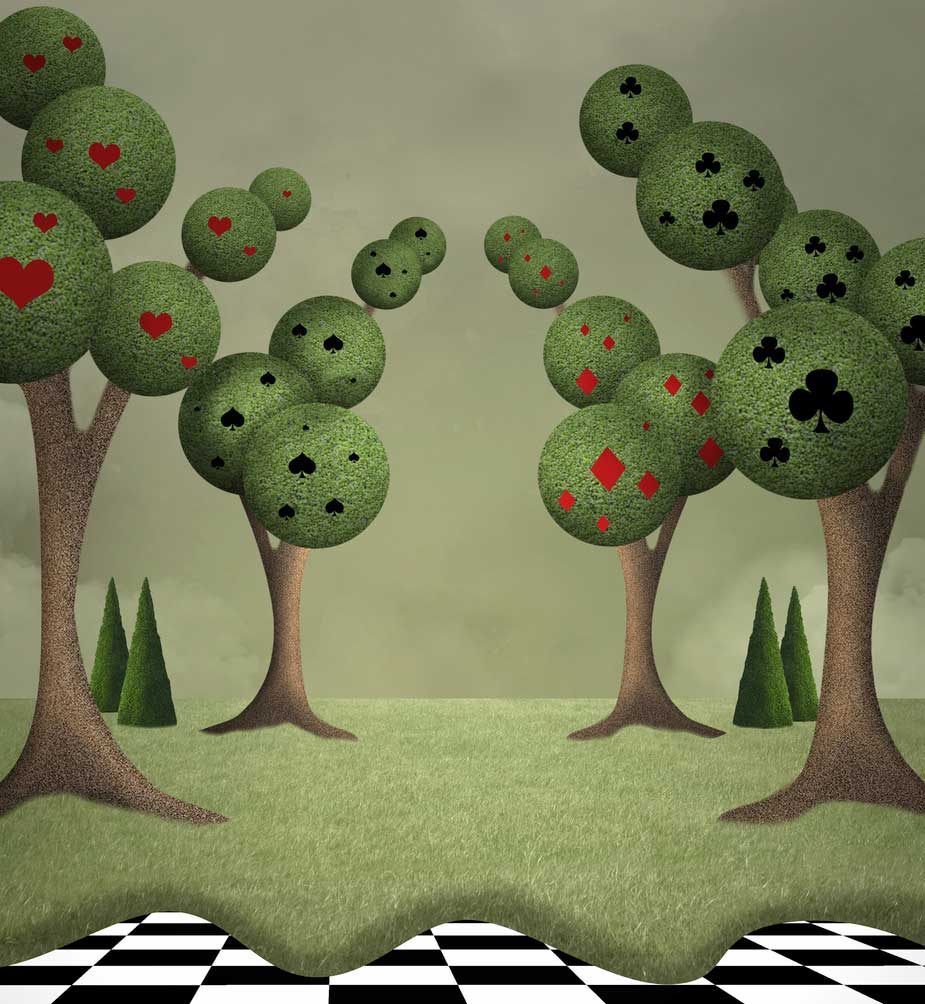vestige
nounA visible trace, evidence, or sign of something that once existed but exists or appears no more.
nounA rudimentary or degenerate, usually nonfunctioning, structure that is the remnant of an organ or part that was fully developed or functioning in a preceding generation or an earlier stage of development.
nounA footprint; a footstep; a track; a trace; hence, a mark, impression, or appearance of something which is no longer present or in existence; a sensible evidence or visible sign of something absent, lost, or perished; remains of something passed away.
nounIn biology, any vestigial organ or tissue, having little or no utility, but corresponding to a useful part existing in some lower animal. See
The mark of the foot left on the earth; a track or footstep; a trace; a sign; hence, a faint mark or visible sign left by something which is lost, or has perished, or is no longer present; remains.
nounA small, degenerate, or imperfectly developed part or organ which has been more fully developed in some past generation.
nounThe
A faint
a
an indication that something has been present




